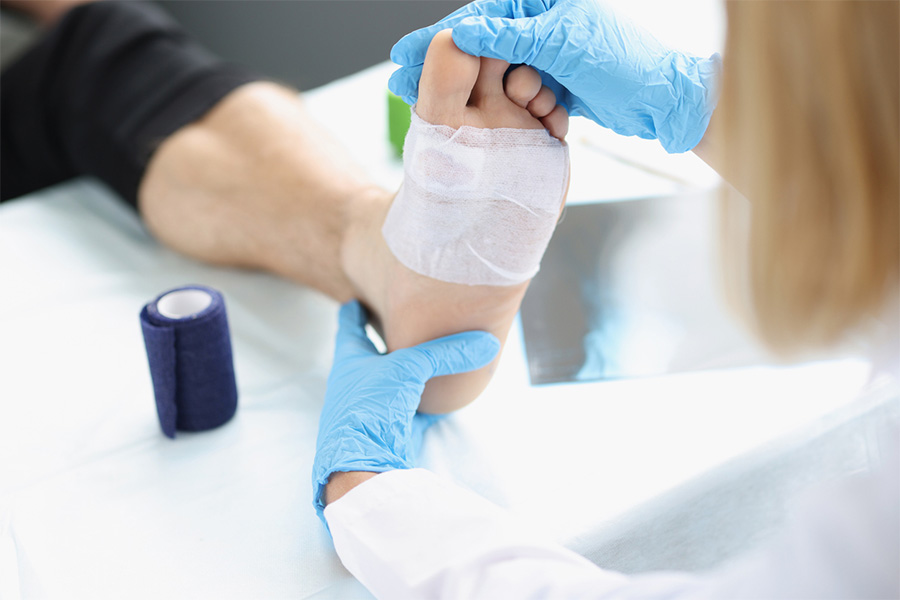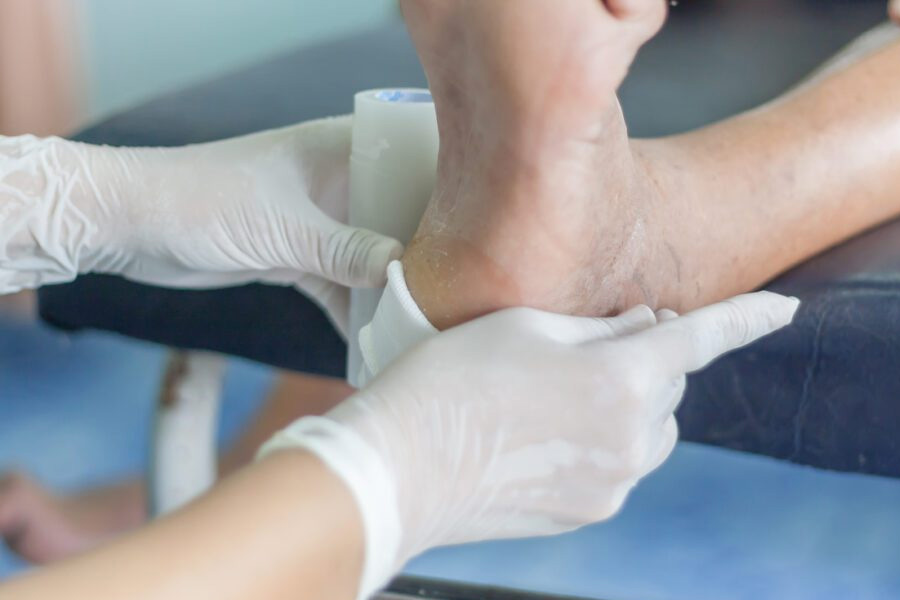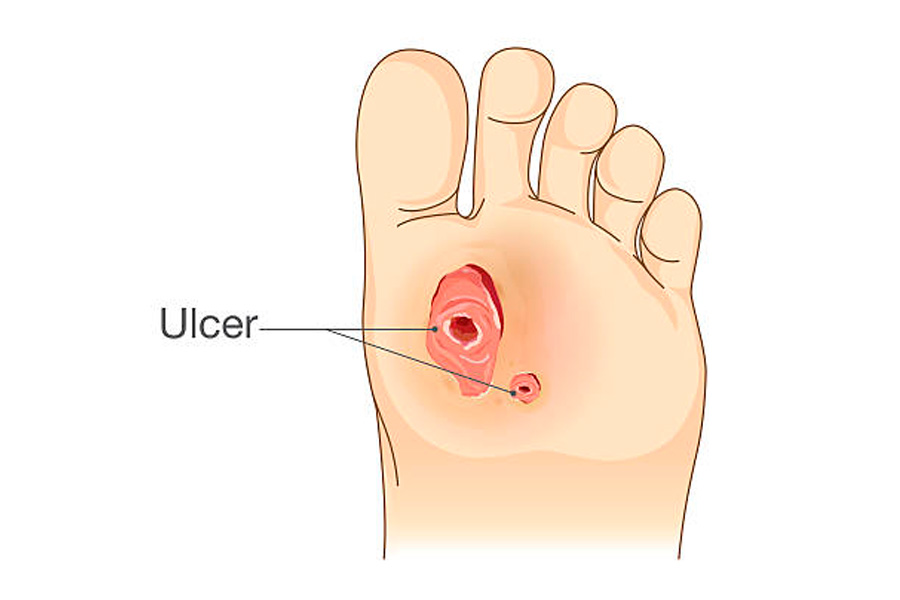As anyone with diabetes knows, this chronic illness comes with a number of potential complications. One of the most serious is diabetic wounds, which can lead to amputation if not treated properly. Diabetic wounds usually occur on the feet or legs but can happen anywhere on the body. They often start out as small cuts or sores that don’t heal properly due to lack of blood flow.
If improperly handled, a diabetic wound can lead to complications that are life-threatening. Below are some of the possible complications that could occur if you do not get properly administered diabetic wound care.
Infection
Infections are the most common complication of improper wound care in diabetics. Over time, diabetic wounds can become infected. This is usually due to a build-up of bacteria and other microorganisms in the wound. The infection can cause the wound to become red, swollen, and painful. If left untreated, the infection can spread to other parts of the body and lead to serious health complications, such as osteomyelitis, which is an infection that has spread to the muscle and bone, and sepsis, which is a life-threatening response to an infection.
Ulcers
If a diabetic wound is not properly cared for, it can become an ulcer. Ulcers are wounds that do not heal normally and can become infected. Diabetic wounds are especially prone to becoming ulcers, because diabetes can cause nerve damage and poor blood circulation. This combination makes it difficult for wounds to heal properly. Ulcers can also form on the skin around a wound if it is not kept clean and dry. This can make it even harder for the wound to heal properly.
Gangrene
Gangrene is another serious complication of diabetes. It occurs when there is not enough blood flow to tissues, which causes them to die. It can develop as a result of chronic non-healing wounds or infection and may lead to amputation of the affected limb.
If a diabetic does not take proper care of their wounds, these complications can occur within weeks.The best way to prevent diabetic wounds is to keep your blood sugar under control and see a foot and ankle doctor or podiatrist regularly for checkups.
If you develop a wound, it’s important to clean it immediately and seek medical attention right away if it isn’t healing after a couple of days. Treating diabetic wounds properly is essential for the prevention of more serious problems down the road and the preservation of your limb.
Diabetic Wound Care in Cincinnati, OH
Trust the board-certified podiatrists at Cincinnati Foot & Ankle Care (CFAC) for the expert care of your diabetic foot problems. We combine our specialized knowledge, skill, and years of experience to bring you the best in diabetic foot care. Our diabetic wound care techniques ensure your wound heals properly and does not become infected. We also provide a range of services such as treatment for diabetic ulcer relief to help you get back on your feet quickly. Furthermore, we also make sure you have all the information you need to improve wound-healing outcomes. To schedule an appointment with one of our podiatrists, call our podiatry clinic nearest you or use our convenient online request form.
Share

People with diabetes often experience difficulty healing wounds.




